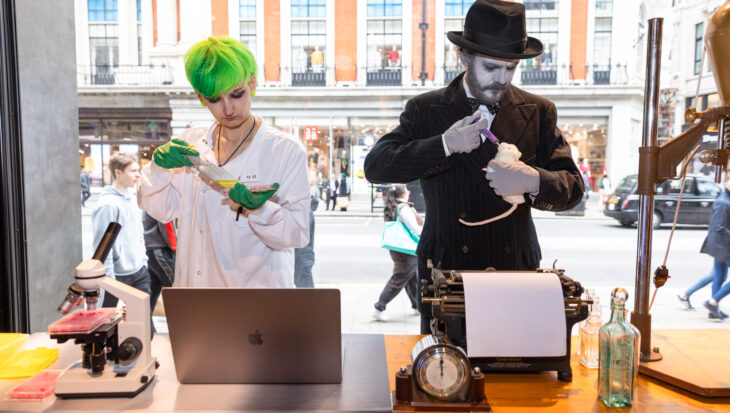Tips for a Vibrant Vegan summer!
Temperatures are rising and it’s time to get outdoors, enjoy the weather and tuck into some delicious vegan food! Thanks to an abundance of plant-based options now available, there’s an alfresco option for every tastebud...
Posted 09 Jul 2025

